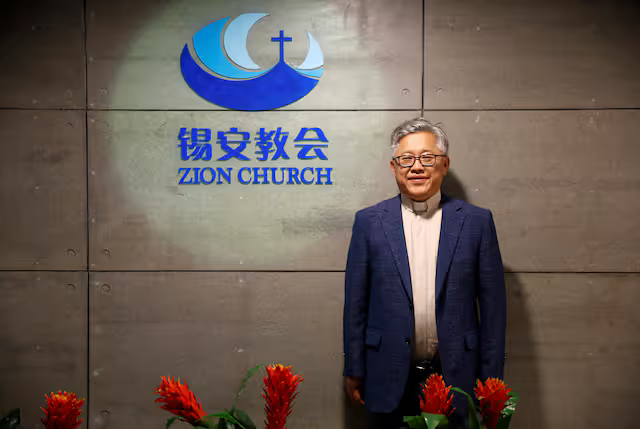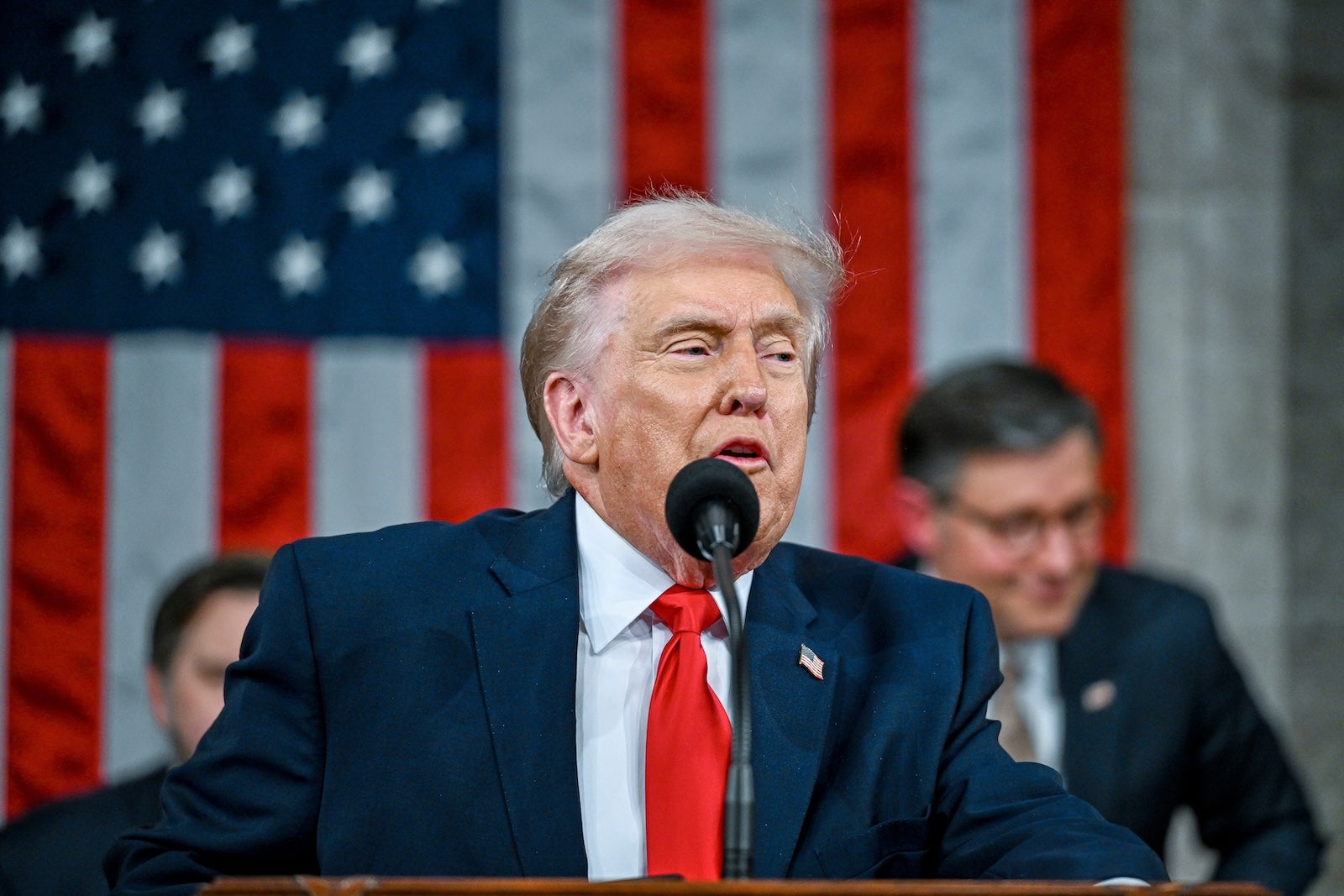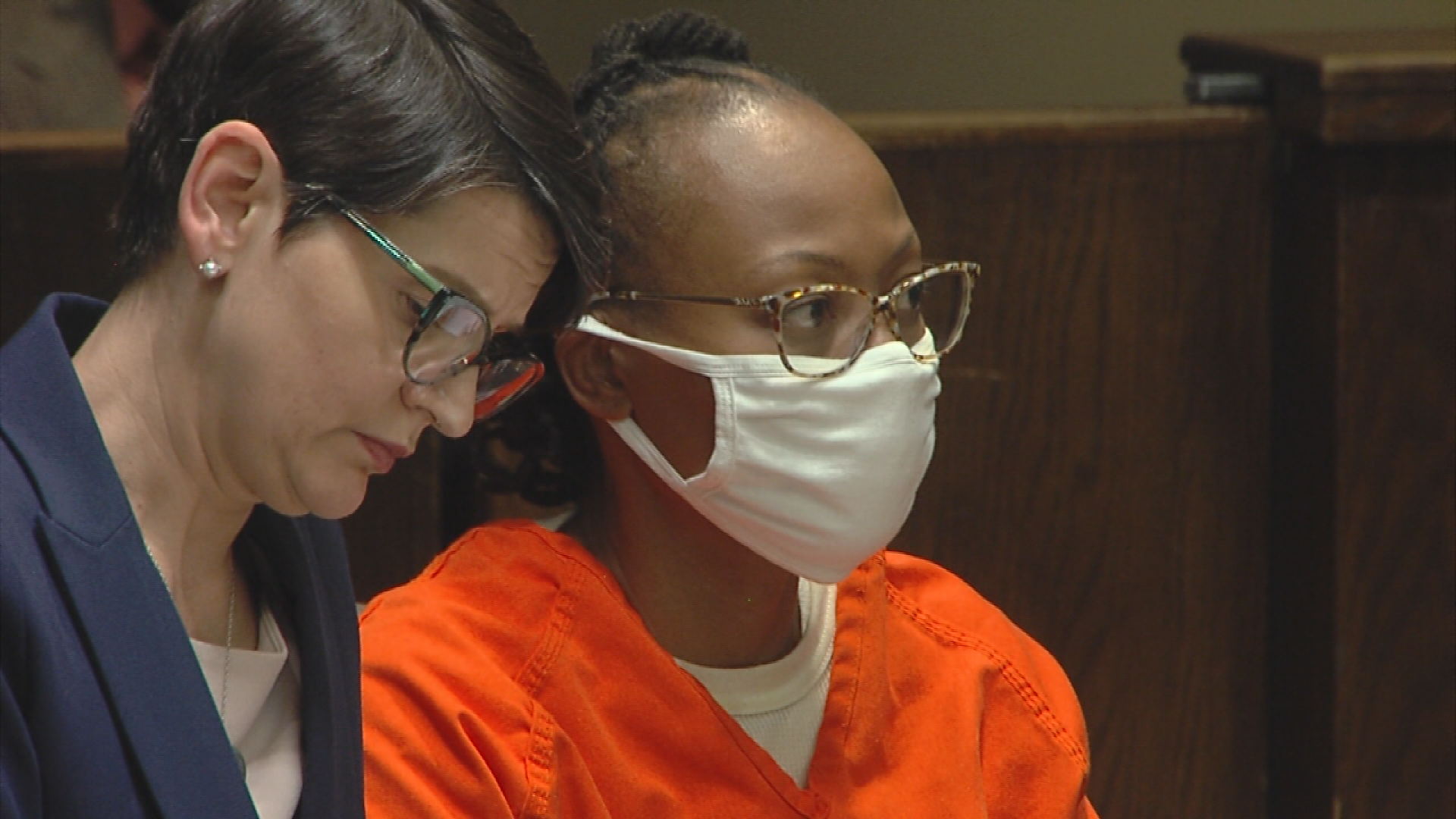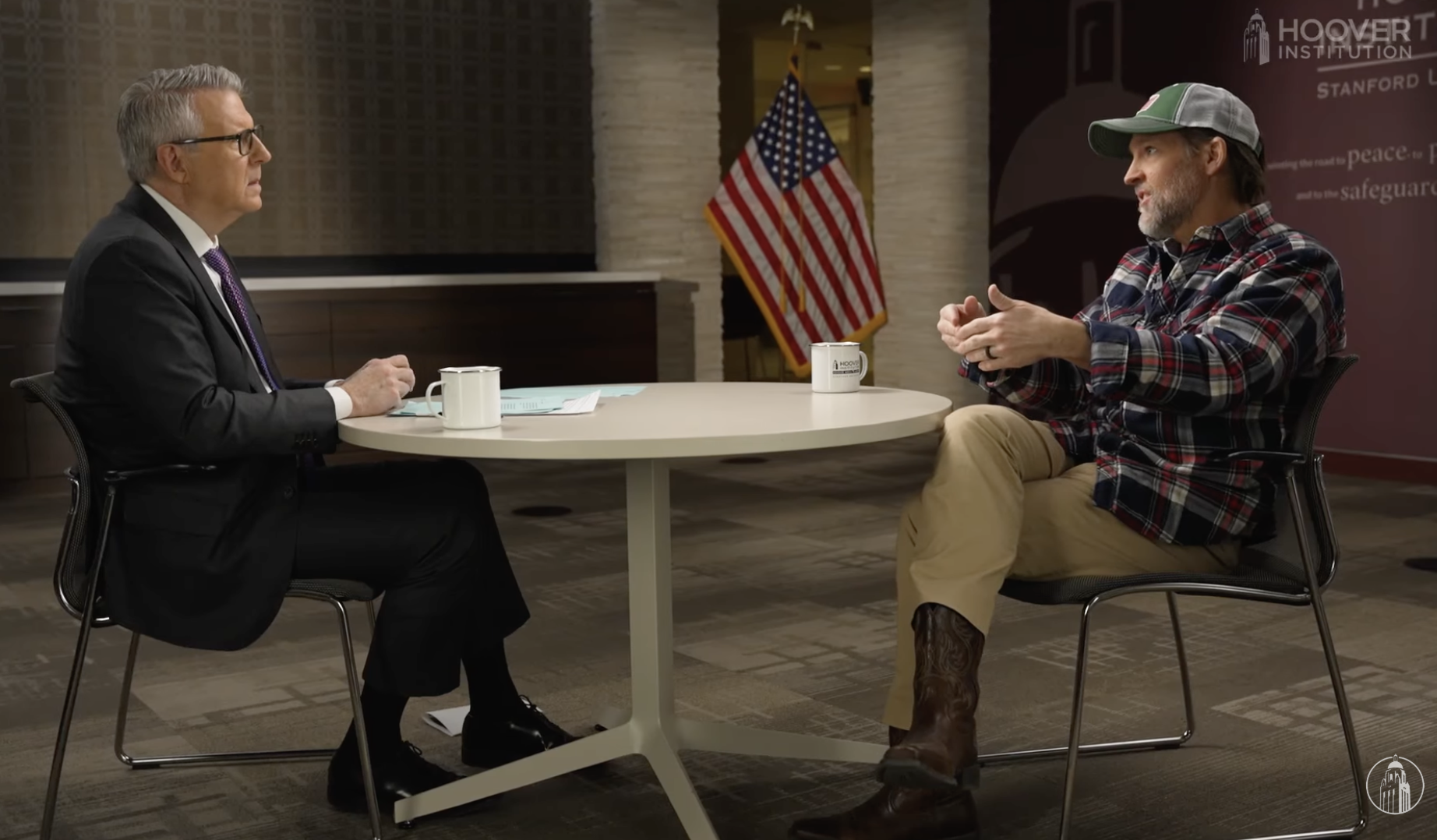CHINA: Massive Crackdown on Underground Church Network

On October 11, 2025, Chinese authorities arrested Pastor Ezra Jin Mingri, founder of Beijing's Zion Church, along with more than 30 other pastors and church staff in a coordinated nationwide operation. The arrests began on Thursday, October 10, with police raids across multiple provinces including Guangxi, where Pastor Jin was detained at his home in Beihai.
According to Pastor Sean Long, spokesperson for Zion Church, some detainees face criminal charges for "illegal dissemination of religious information via the internet." Witnesses reported police arrived with wanted lists and used force during arrests. One female pastor was forcibly separated from her newborn infant.
U.S. Secretary of State Marco Rubio issued a statement Sunday calling for immediate release of the detained leaders: "This crackdown further demonstrates how the CCP exercises hostility towards Christians who reject Party interference in their faith." Former Vice President Mike Pence posted on X that "This attack on Christianity will not prevail."
Zion Church, founded in 2007, was previously shut down by authorities in 2018 but continued operating through online services and small gatherings across China, reaching 5,000-10,000 people weekly. ChinaAid described this as "the most extensive and coordinated wave of persecution" against Christians in over four decades.
Pastor Jin, 76, holds a doctorate from Fuller Theological Seminary and was a student during the 1989 Tiananmen Square protests. His daughter, Grace Jin Drexel, a U.S. citizen, told NPR: "It's been extremely shocking and very scary for our family, but we also have faith in the Lord."
THE CRUSADERS OPINION:
Here we witness persecution revealing the fault lines of our age: the clash between totalitarian control and the ungovernable Kingdom of God. China's coordinated strike against Zion Church isn't merely about religious policy; it's about something the Communist Party fundamentally cannot tolerate or accept loyalty to a higher authority.
Loyalty, to Christ Himself.
Consider the deeper paradox: Pastor Jin could have remained safely in America in 2018, claimed asylum, built a comfortable ministry speaking circuit. Instead, he returned to China to suffer with his flock. This is the scandal of Christian witness that confounds both dictators and democratic Christians alike: the willingness to lose everything for a Kingdom not of this world.
Western Christians must resist two temptations here. First, the temptation to see this purely through a geopolitical lens, as merely another front in U.S.-China tensions. The Church in China predates the CCP by centuries and will outlast it. Second, the temptation toward romantic martyrdom that treats suffering as entertainment for our social media feeds while we remain unwilling to sacrifice comfort for conviction in our own contexts.
The real question Zion Church poses to Christendom: What does the Church look like when stripped of state sanction, cultural privilege, and institutional security? The Chinese house church movement reveals Christianity in its most elemental form—gathering in secret, changing locations, meeting the Risen Christ despite and perhaps because of persecution. They are building with gold, silver, and precious stones while much of Western Christianity builds with wood, hay, and stubble.
For Christian unity, this demands we move beyond denominational
tribalism. Whether Pastor Jin baptizes by immersion or sprinkling becomes cosmically irrelevant when brothers and sisters face prison for digital sermons. The persecuted Church exposes our theological hobby horses as the luxury goods they are.
The West, particularly America, must leverage every diplomatic tool for religious freedom without turning Chinese believers into pawns in a trade war. Real solidarity means sustained advocacy, strategic refugee resettlement, and concrete support for underground networks—not performative outrage that fades with the next news cycle.
Finally, Zion Church's witness confronts comfortable Western Christianity with an uncomfortable truth: perhaps the Church grows most authentically not through cultural dominance but through faithful presence under pressure. The blood of the martyrs remains the seed of the Church, and that seed is being sown in Chinese soil even now.





